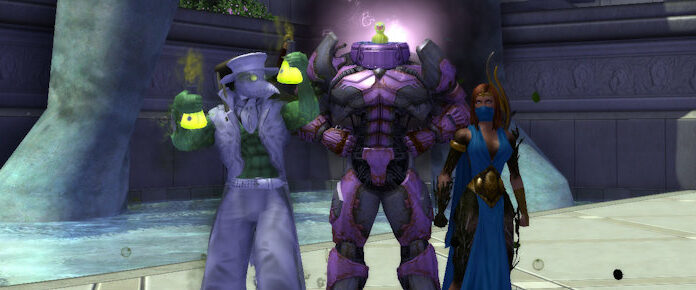
Activision-Blizzard CEO Bobby Kotick released a memo to his staff (and everyone else in the entire world) on the ABK Substack (which exists) last night, and while most of it is a rehash of the arguments he’s already made to regulators and on TV, there are some points worth noting in the current political context.
“We remain confident that the transaction will ultimately be approved,” he says, walking back some of his insults for skeptics by saying that “regulators who initially had concerns about console competition are starting to better understand our industry.” He also issues another round of dings on Sony, which to be fair has spent most of its airtime the last few months lashing out at Microsoft in a transparent effort to block the Activision-Blizzard buyout.
“You may have seen statements from Sony, including an argument that if this deal goes through, Microsoft could release deliberately ‘buggy’ versions of our games on PlayStation. We all know our passionate players would be the first to hold Microsoft accountable for keeping its promises of content and quality parity. And, all of us who work so hard to deliver the best games in our industry care too deeply about our players to ever launch sub-par versions of our games. Sony has even admitted that they aren’t actually concerned about a Call of Duty agreement – they would just like to prevent our merger from happening. [Editor’s note: He’s referring to this Jim Ryan statement.] This is obviously disappointing behavior from a partner for almost thirty years, but we will not allow Sony’s behavior to affect our long term relationship. PlayStation players know we will continue to deliver the best games possible on Sony platforms as we have since the launch of PlayStation.”
Kotick caps off the letter by referring to the Japan Fair Trade Commission; Japanese regulators have now decided that the Microsoft-ABK merger won’t hamper competition or bump into antitrust issues, thereby closing down its investigation. But that might not have been happenstance, as U.S. lawmakers from both major parties have been suggesting Japanese companies, including Sony, are in violation of digital trade deal violations, effectively stifling U.S. gaming companies in the Japanese market.
Democratic House representatives from Washington (state) entered into the record a letter to that effect during recent trade policy hearings. “Microsoft launched Xbox in Japan in 2002 and, despite 20 years of investment, still has only two percent of the high-end console market,” they wrote. “Reports have indicated that Sony – which holds 98 percent of the Japanese market – has paid third-party game publishers to preclude access to their content and negotiated exclusivity arrangements that prevent Microsoft Xbox from hosting popular video games in Japan on their system.” They called on US Trade Representative Katherine Tai to “seek consultations with Japan to address this issue.”
Republican and Democratic senators brought the same stats to a senate finance committee hearing this past week; one senator accused the Japanese government of “allow[ing] Sony to engage in blatant anti-competitive conduct through exclusive deals and payments to game publishers, establishing games that are among the most popular in Japan – not to distribute the games on other platforms.”
In other words, it looks as if Kotick’s uncomfortable nationalistic appeal on TV last month did its job.















